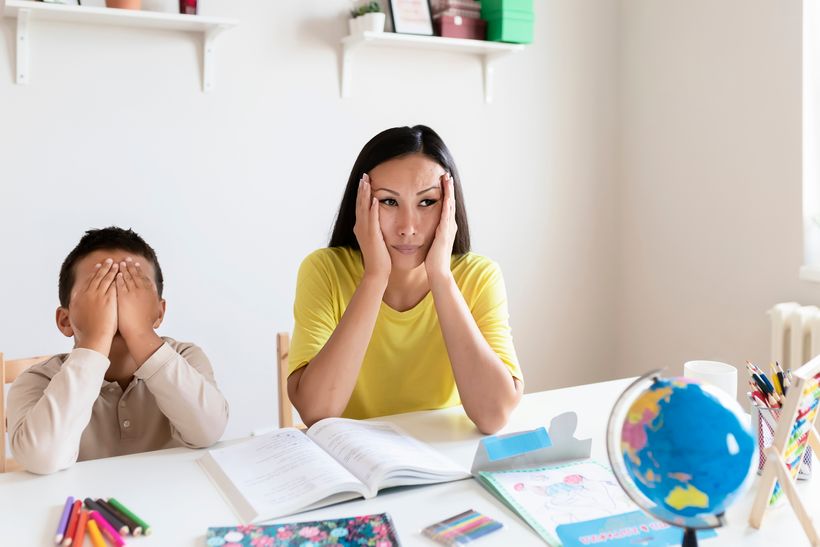2 min
Taking the Reins of Holiday Stress
Ho-ho-ho and a bottle of Tums? From feeding a crowd to juggling travel and schedules and managing finances during a challenging economic time, the holidays can feel like a pressure cooker. But University of Rochester psychologist Jeremy Jamieson, one of the country’s leading researchers on stress, says the pressures of the season of giving (and giving and giving and giving some more) can be mitigated by mentally reframing the stress we feel. In other words, what matters is how we interpret our stress. Jamieson’s Social Stress Lab studies a technique called "stress reappraisal": the practice of reframing stress responses as helpful rather than harmful. According to researchers, people can learn to treat their signs of stress — the racing heart, the sweaty palms, the mental sense of urgency — as tools that prepare them to meet a challenge rather than a sign that they’re falling apart. “Stress reappraisal isn’t about calming down or shutting stress off,” Jamieson says. “It’s about changing the meaning of your stress response. If you view the demands as something you can handle, your body shifts into a challenge state, which is a more adaptive, productive kind of stress.” The research behind this approach has grown considerably. In one of Jamieson’s studies, published in Journal of Experimental Psychology: General, the Social Stress Lab trained community college students to reinterpret stress as a resource. The results were striking: students experienced less anxiety, performed better on exams, procrastinated less, were more likely to stay enrolled, and approached academic challenges with healthier physiological responses. Newer findings from the lab also suggest that stress reframing can support people facing workplace pressures, caregiving responsibilities, and major life transitions. In short, stress isn’t the enemy of our well-being during the holidays. The real culprit is believing stress is dangerous. Jamieson is available for interviews and can explain how people can use stress reappraisal strategies to navigate holiday pressures — and other high-demand moments — with more confidence, better health, and better outcomes. Click on his profile to connect with him.














